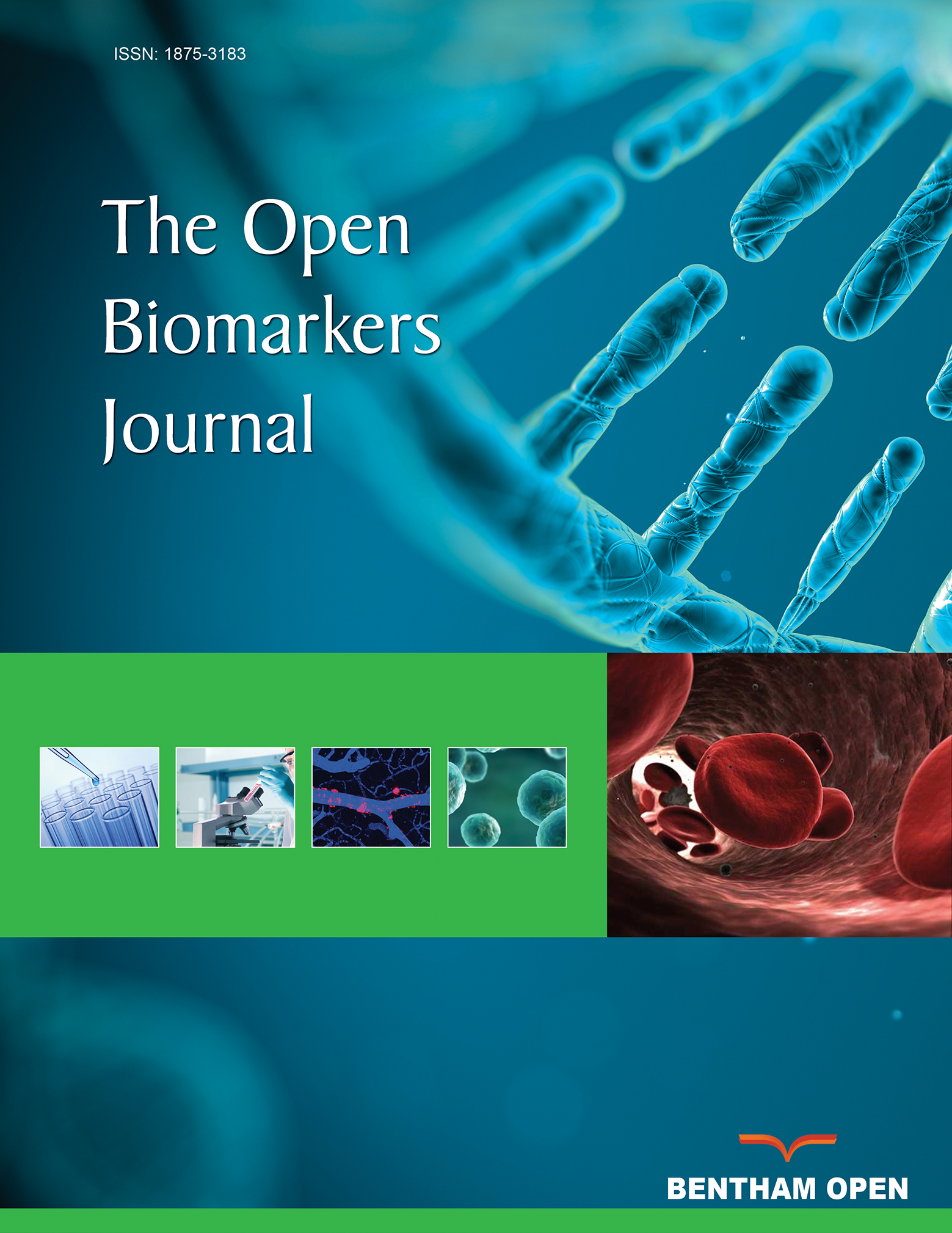All published articles of this journal are available on ScienceDirect.
Identification of Serum Biomarkers in End Stage Liver Disease
Abstract
Background:
Progressive fibrosis and cirrhosis, clinically presenting as end-stage liver disease are common outcomes in alcoholic hepatitis as well as non-alcoholic fatty liver disease(NAFLD). In these processes, a series of changes occurs in liver tissues leading to cell death, remodeling, fibrosis and regeneration. The aim of this study is to identify potential novel biomarkers for non-invasive diagnosis of cirrhosis due to alcoholic etiology or NAFLD.
Methods:
Serum from patients with biopsy proven end-stage liver disease of various etiologies, namely NAFLD(n=9), alcohol( n=5), and other end-stage liver diseases(n=6), who underwent liver transplant during the first six months of 2007 were utilized for retrospective analysis. Serum samples were also collected from a group of healthy volunteers (n=7). The samples were analysed using Luminex technology or ELISA for 27 biomarkers that are known to be involved in pathologic processes such as cell death, regeneration and fibrosis.
Results:
Of the 27 serum markers examined, 16 were elevated in the serum in all groups with end-stage liver diseases compared with the control group. They include adipokines, apoptosis and inflammatory mediators and growth factors. Interestingly, the serum of NAFLD patients showed significantly elevated HGF levels and trend towards increase in sFAS, TGF1, TNFR-1, TNFR-2 and leptin. The level of serum markers showed excellent correlation with each other indicating a complex interdependent pathogenetic mechanism.
Conclusions:
The data from this study indicate that a large number of serum markers are altered in end-stage liver diseases. A panel of such markers may potentially be useful in assessing advanced fibrosis and cirrhosis in patients with chronic end stage liver diseases.


